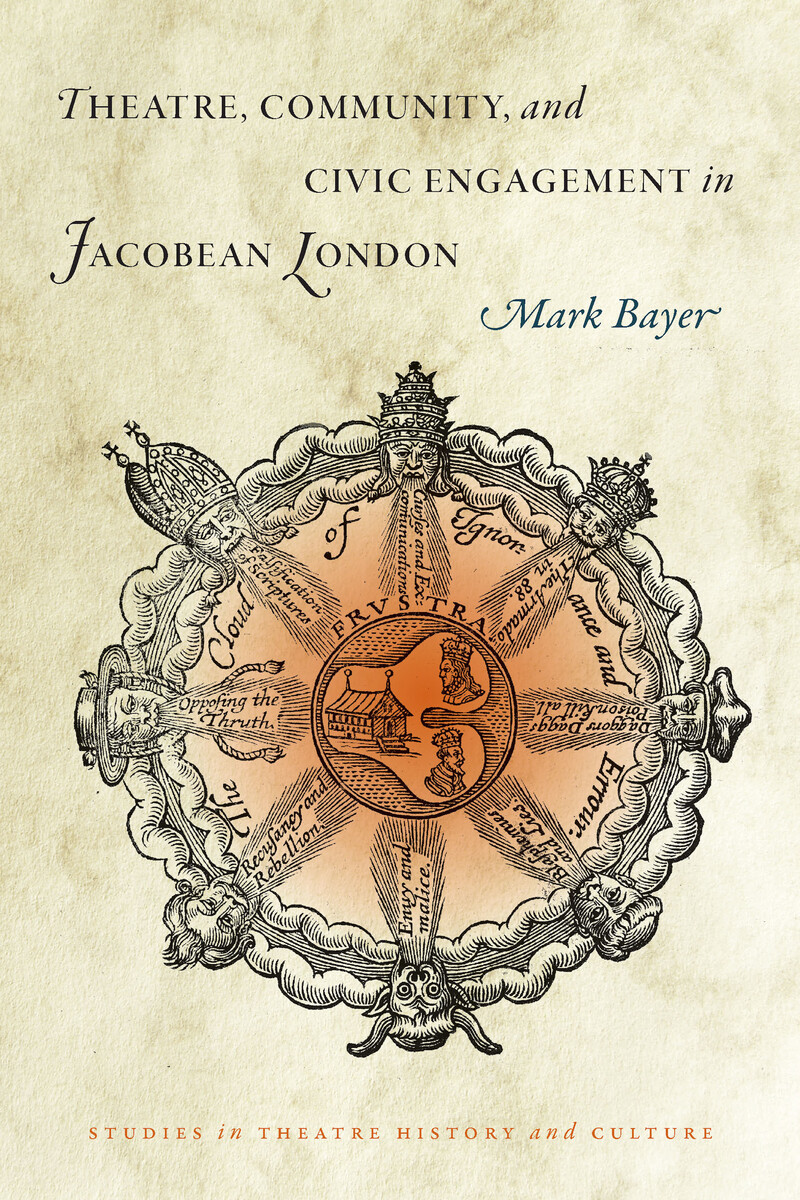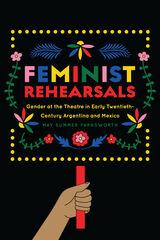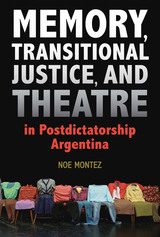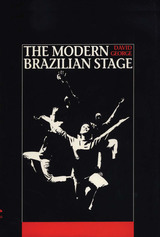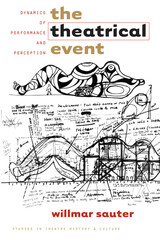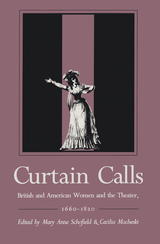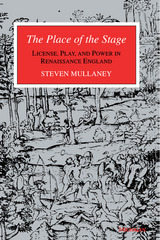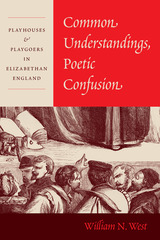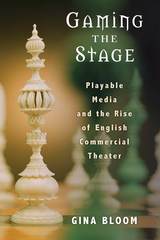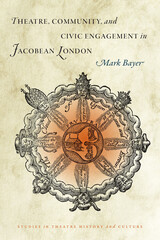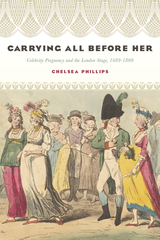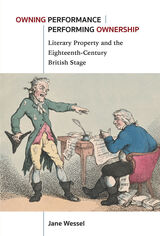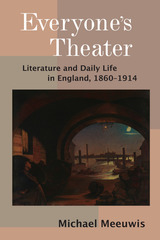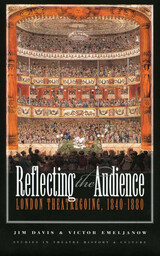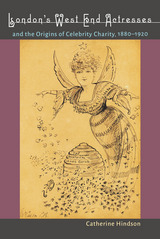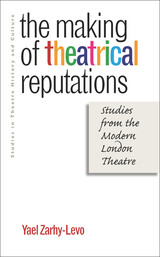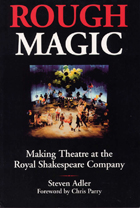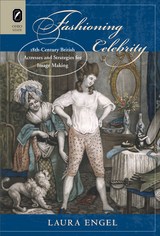Paper: 978-1-60938-039-7 | eISBN: 978-1-60938-040-3
Library of Congress Classification PN2592.B39 2011
Dewey Decimal Classification 306.48480942109
Taking to heart Thomas Heywood’s claim that plays “persuade men to humanity and good life, instruct them in civility and good manners, showing them the fruits of honesty, and the end of villainy,” Mark Bayer’s captivating new study argues that the early modern London theatre was an important community institution whose influence extended far beyond its economic, religious, educational, and entertainment contributions. Bayer concentrates not on the theatres where Shakespeare’s plays were performed but on two important amphitheatres, the Fortune and the Red Bull, that offer a more nuanced picture of the Jacobean playgoing industry. By looking at these playhouses, the plays they staged, their audiences, and the communities they served, he explores the local dimensions of playgoing.
See other books on: Civic Engagement | Community | London | Theater and society | Theatre
See other titles from University of Iowa Press
